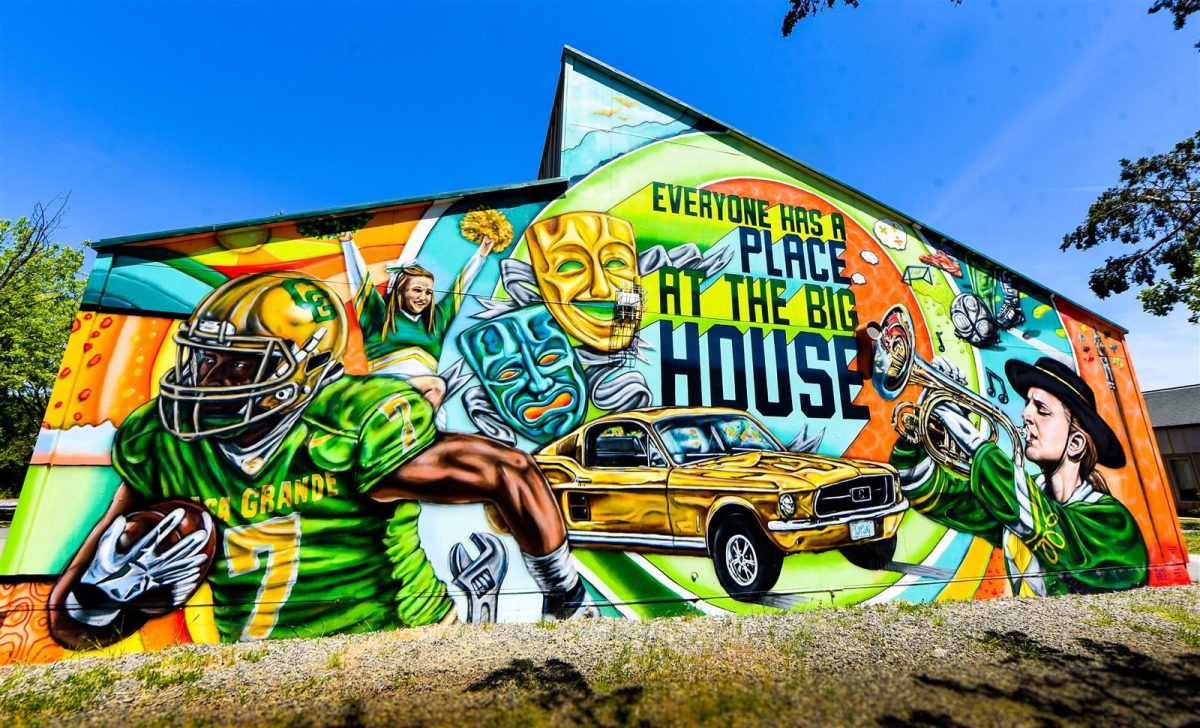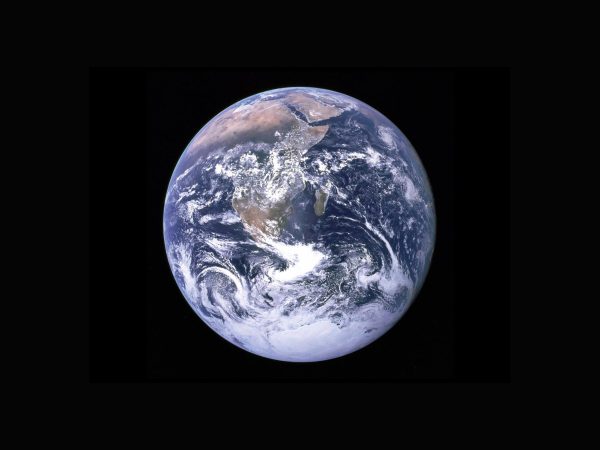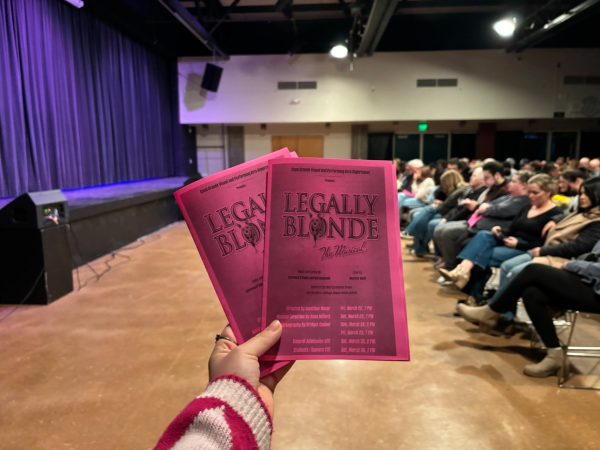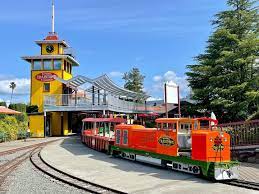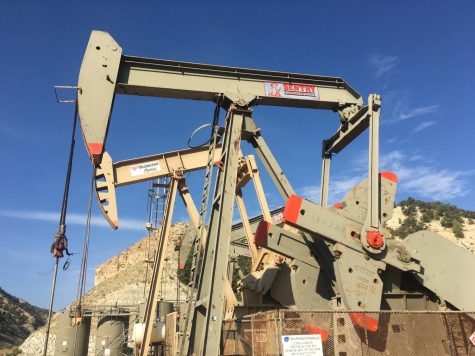Environmental Racism
As a white person in America, there is a simple, ugly truth that I must acknowledge: I benefit from a society that discriminates against racial minorities in favor of my majority. I am a member of the oppressive party.
This doesn’t mean all white people are terrible. It isn’t my fault that racism exists, but as the Eldridge Cleaver asserts, “You either have to be part of the solution, or you’re going to be part of the problem.” Racism is by no means the problem of the oppressed minorities or the blatantly racist, it is a cancer of society. Because of this, it can only be resolved through the cooperation of society as a whole.
One form of racism that is rarely addressed is environmental racism. The dictionary definition of environmental racism is, “the placement of low-income or minority communities in the proximity of environmentally hazardous or degraded environments, such as toxic waste, pollution and urban decay”. “Minority communities” are often forced to buy low income homes in areas that are dangerous or disadvantaged because of environmental factors. Homes are cheaper in areas prone to flooding, landslide, and fires; therefore, disadvantaged racial minorities are more likely to be in the path of destructive environmental hazards.
A direct example of this injustice is the incident of Flint, Mich., a majority black community. When water sources were changed, officials failed to sufficiently treat the water, and the community was exposed to toxic water level of lead. This issue, which began in 2014, has still not been completely resolved, and will not be until 2020.
Natives all across the nation are another minority to immorally endure a history of environmental racism. They were shunted from their homes and forced onto areas of land less suited for hunting, ranching, and farming, so that instead white farmers could reap the benefits. Even today, the discrimination against Native Americans is astounding. It is these dwindling cultures that suffer the most from thoughtless act of destruction against our ecosystem. Deforestation, fracking, and mining are often done on land used by or of great importance to Natives. Recently, the protests at Standing Rock went in vain as oil companies were allowed to build a pipeline under sacred land, private police even became violent with protestors.
Environmental racism is a real problem that is rarely addressed with the gravity it deserves. As someone who cares deeply for the environment and advocates strongly for racial equality, I have come to believe that this issue needs to be undertaken in a manner that recognizes that loss of resources, destruction of the ecosystem and negative environmental impact are all issues that affect racial minorities more than anyone else. Only when we recognize their connection can we begin to really understand them. Only when we undertake them as a national community, can we hope to resolve them.
